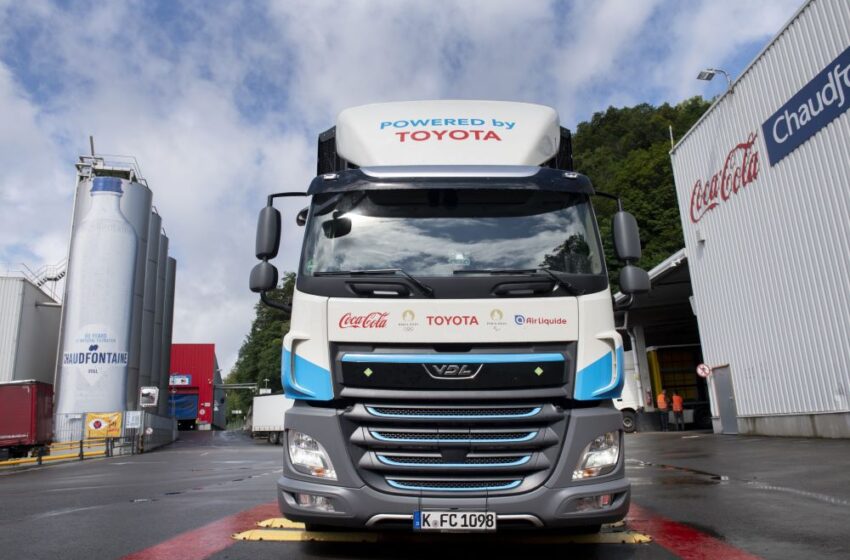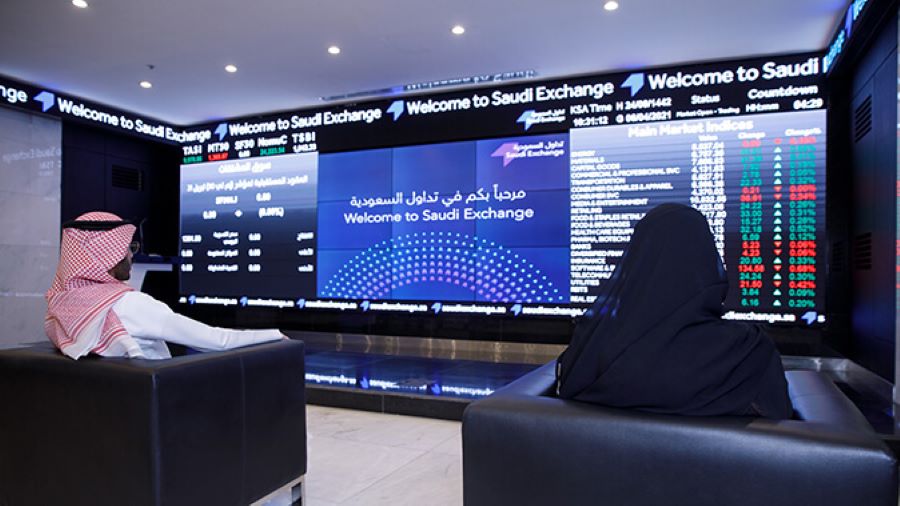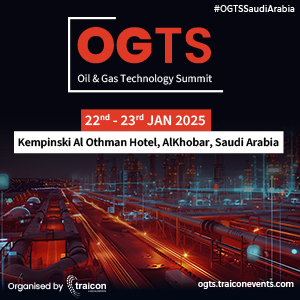
Toyota, Coca-Cola and Air Liquide Start Testing New Hydrogen-Fuelled Truck
Toyota, the Japanese multinational automotive manufacturer, has launched a pilot project to test a new hydrogen-fuelled truck with Coca-Cola as part of the drinks company’s supply operations.
Air Liquide, a leader in clean energy, is supplying the project with hydrogen sourced from renewables. The collaboration highlights the significance of the concurrent development of both vehicles and infrastructure to help foster a more sustainable society.
The truck’s fuel cell system uses modules which combine hydrogen and oxygen molecules to produce water, simultaneously generating electricity. As a result, water is the only tailpipe emission. The system offers the further benefit of fast refuelling.
Toyota aims to support the decarbonisation of heavy-duty road transport with its hydrogen truck projects. Heavy-duty haulage accounts for a quarter of Europe’s freight transport, based on tonnes-per-kilometre (TPK) carried.
Commercial trucks’ usage patterns and their demand for large volumes of hydrogen make them key contributors to the development of sustainable hydrogen infrastructures, Toyota said in a media release.
The European Union’s (EU) new climate target sets a strong north star for where the region should be by 2040 to reach net zero by 2050 and maintain a livable future. The sooner this is achieved, the better, so the EU should double down on climate and cut emissions faster, getting to 90% even before the 2040 deadline.
Carbon Free Europe
This latest collaboration is another illustration of Toyota’s objective of supporting and contributing as much as possible to the establishment of carbon neutral societies in Europe and beyond, the release said.
Eric Desbonnets, Vice President Paris 2024 Operations, Coca-Cola, said that they were pleased to partner with Toyota and Air Liquide to test hydrogen solutions for our long-distance logistics operations.
“We want to learn from this experience as we continue to work towards reducing our carbon footprint,” he added.
Erwin Penfornis, Vice President Hydrogen Energy World Business Line, Air Liquide, said that they share the same ambition as Coca-Cola and Toyota in implementing concrete solutions to meet the challenge of energy transition.
“This collaborative project is part of such an approach and will demonstrate the relevance of hydrogen for heavy-duty mobility. With a growing call for products with a low carbon transportation footprint, hydrogen is particularly well-suited to long-distance transportation, providing flexibility and productivity,” Erwin explained.
Thiebault Pacquet, Vice President R&D, Toyota Motor Europe, said that to help speed up the expansion of hydrogen technology implementation in Europe, they were expanding the use of Toyota Fuel Cell Module beyond passenger cars and into trucks, buses, coaches, trains, boats, near-shore and short-sea vessels, stationary generators and so on.
“It is a great pleasure to collaborate with like-minded partners and demonstrate our shared vision of sustainable mobility. The insights gained from these proofs-of-concept will serve as crucial milestones on our path towards achieving zero tailpipe carbon emissions in our logistics operations by 2040,” he averred.











